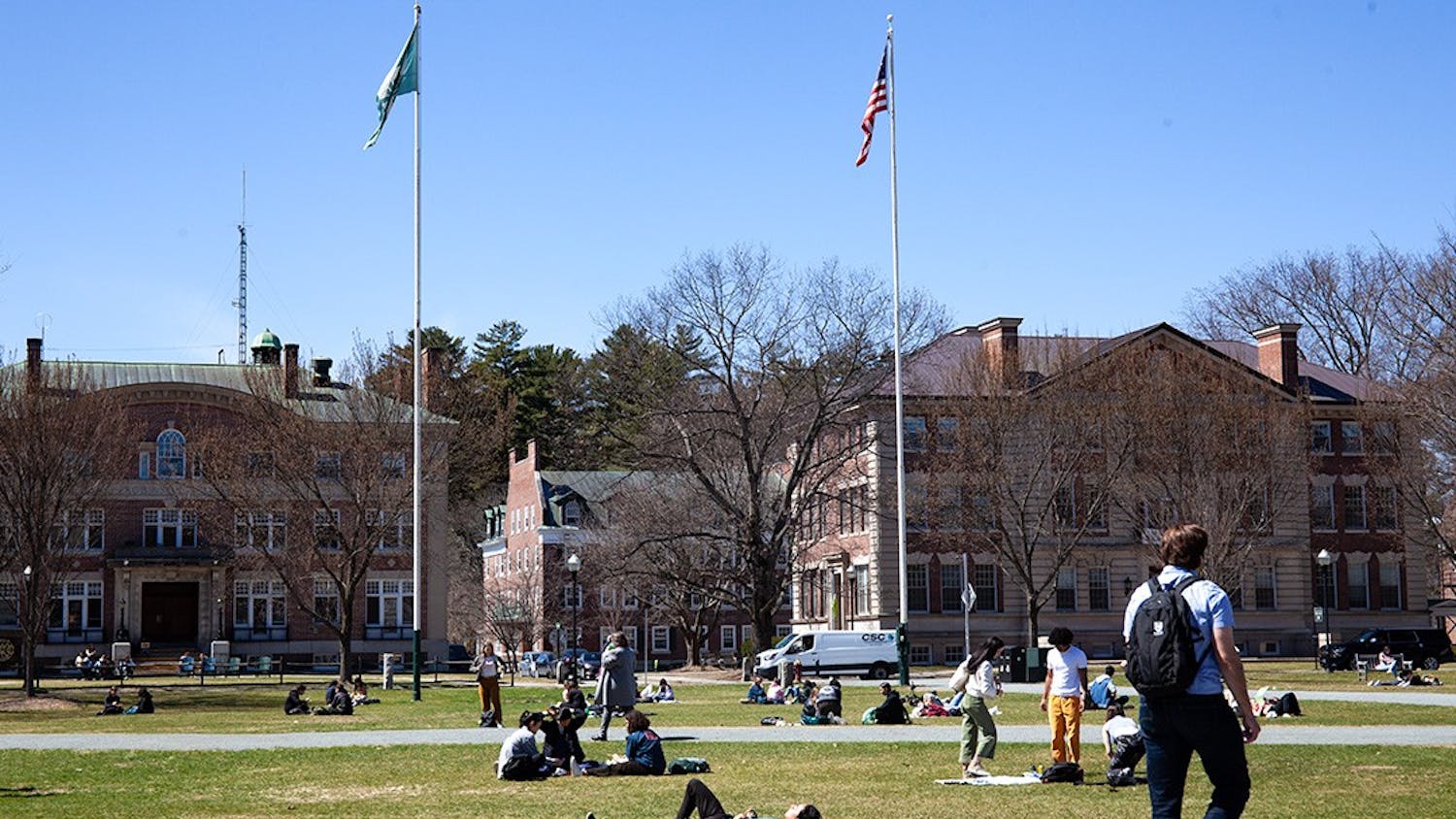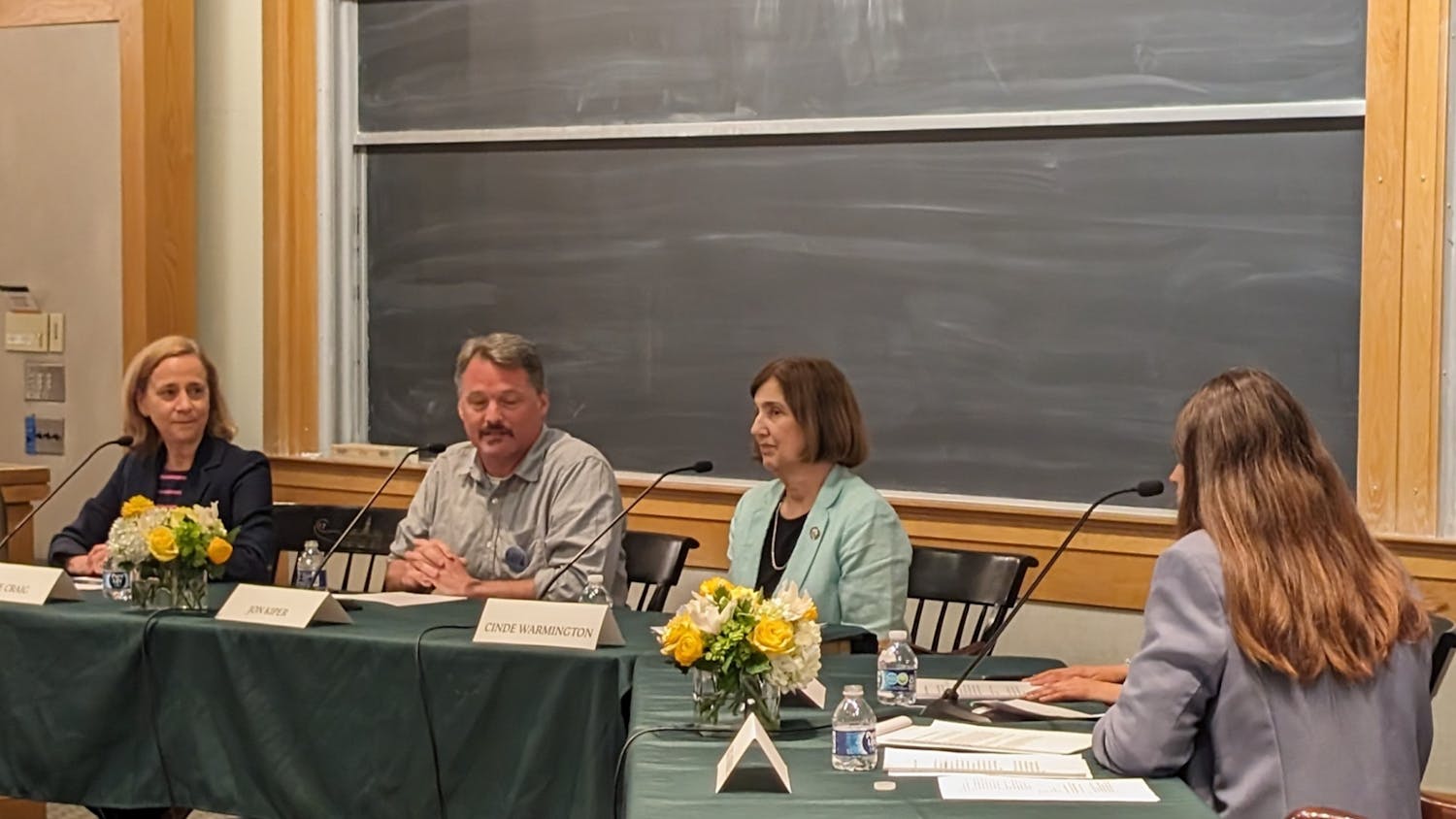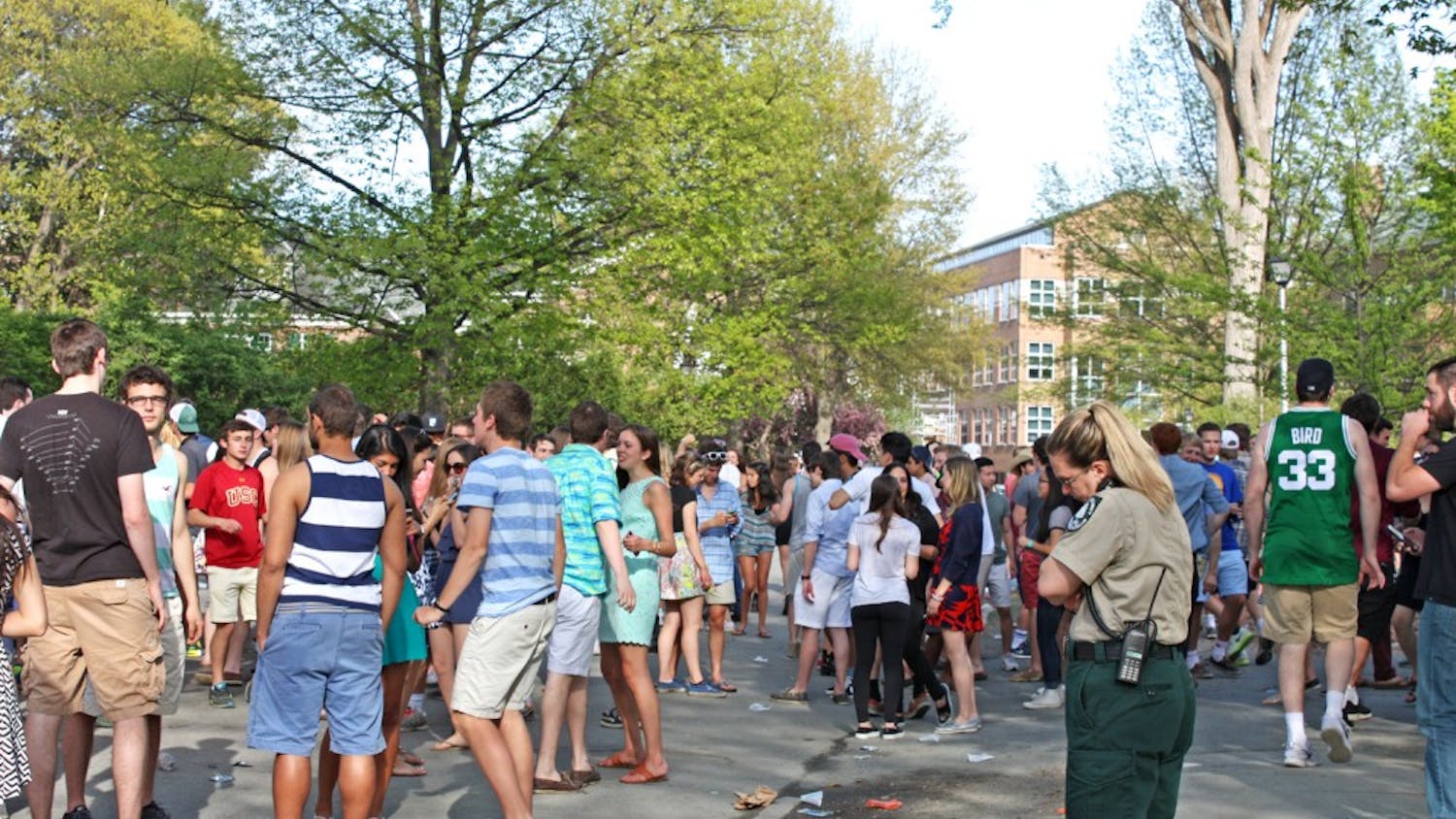Initiatives like A Common Word, a world-wide project among Muslim scholars to clarify the teachings of Islam and declare common ground with Christianity, have the potential to effect great change, Volf said. A Common Word was founded in October 2007, according to its website.
"It was extraordinary because a group of the most senior and most influential Muslim scholars and leaders of all parts of the world representing different strands of Islam coordinated together one powerful argument of what binds Muslims and Christians together," Volf said.
A Common Word, a document signed by 138 Muslim leaders and sent to members of other faiths, offers the message that worshippers must "love God above all things" and love their neighbors, Volf said. Religious groups that can play crucial roles in spreading this vision such as the Roman Catholic Church and Evangelical sects should stop "dragging their feet," he said.
Mattson explained that Muslim and Christian individuals' lack of knowledge regarding the two religions impedes the theological discussion of the varying views toward God.
"Most people in the world begin, not in a blank state, but from a situation of what Islamic scholars call complex ignorance, which is a distinction from simple ignorance," Mattson said. "Simple ignorance is simply not knowing about something complex ignorance is where you think you know something, but you don't, and I think most of us in the world are in a situation of complex ignorance."
Mattson, who is both the first female and first Islamic convert to serve as president of the Islamic Society of North America, said the image of the Islamic God as violent and irrational troubles members of other religions.
Despite such beliefs, the teachings of the Quran revolve around how to rid oneself of hatred, anger and jealousy in order to make room for a loving, compassionate and merciful God, Mattson said. All citizens have the ability to help achieve a sense of unity between different faiths, Volf said.
"Not everyone has to have deep reflection for us to achieve harmony in the world," he said. "Our faiths live not because of theologians but because of ordinary saints just ordinary saints."
In order for individuals to practice and teach others about their faiths, religious and political freedom must be maintained, Mattson said.
Even though Christianity and Islam are missionary faiths, worshippers must establish the proper context in which beliefs can be exchanged, she said.
The lecture, "Loving God, Loving Neighbor," is the third installment in the six-part series "The Heart of the Matter: Exploring Communities at Dartmouth" sponsored by the Multi-Faith Council and the Tucker Foundation.




